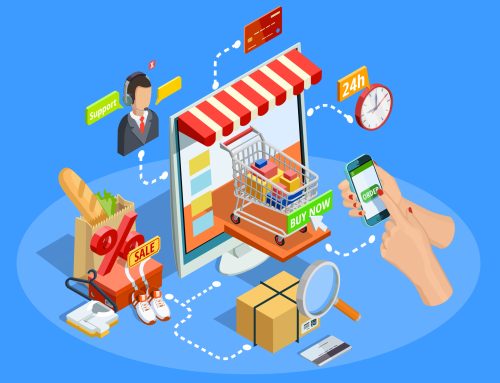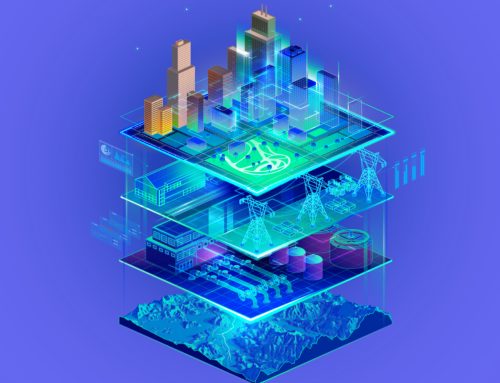Undecided about the value of Big Data analytics? In this post, we’ll look at how much these technologies are already helping companies earn and save.
Big Data might be high tech, but it’s not just for the tech industry. With existing competitors and new startups jostling for position, every enterprise must pay attention to Big Data. Why? Well, look at what could happen if companies began optimizing their data:
- If the average Fortune 1000 company used data a mere 10% more effectively, they’d gain $2 billion in added revenue.
- Retailers could increase margins by 60%.
- The U.S. healthcare system could save $200 billion per year.
Every industry vertical is recognizing that analytics can drive success: telecom giants are forecasting customer purchase patterns through predictive analytics; major automobile companies are using data to make better buying decisions; online companies are leveraging a combination of in-house and third-party Big Data technologies to develop a complete view of their customers.
Let’s consider some specific examples of how Big Data and the Internet of Things (IoT) are already saving a significant amount for companies across industries.
Better Retail Performance and Customer Satisfaction with Big Data
In the retail sector, Big Data and the IoT can be used to monitor changing weather conditions in real time, track seasonal and historical purchase trends by geographical area, and monitor the activity of the competition ‘ all of which helps decision makers stay current with buyer behaviors. And by being aware of consumer habits, demand, and their competitors’ pricing, retailers can dynamically change product prices at the store level. But that’s not all; Big Data systems are also being used to accurately predict production and commodity prices. This gives procurement teams an advantage when negotiating sourcing costs.
Companies with a tight focus on customer relationships can also benefit from Big Data technologies. These businesses aim to provide the absolute best customer experience, either through social media or other channels. By incorporating techniques like speech analytics, companies are able to improve interactions with customers and give them a more positive feeling about their brand, which often leads to repeat purchases.
Using Data Analytics to Reduce Maintenance Costs
Maintenance is a key cost in industries which rely on heavy equipment, such as manufacturing, mining and energy. The way those industries have maintained equipment has evolved from reactive maintenance’waiting for something to break down’to preventative maintenance, which runs on a strict, usage-based schedule.
With Big Data processing power and IoT insights, repairs and maintenance can be optimized to avoid delays, stoppages, and safety risks. These technologies are used to pinpoint precisely what leads up to an issue. Often, the issues can be resolved instantly and remotely, before they escalate. In this instance, Big Data and IoT sensor input simplify the process of obtaining appropriate data, which gives companies the chance to react effectively and avoid crisis situations.
Right now, mining companies are able to manage much of their predictive maintenance (engine failure predictions, haul cycle optimization etc.) and alert system prioritization by using Big Data and IoT-based solutions.
How Manufacturers Save Money with Big Data and IoT
Manufacturing companies are reaping huge benefits by deploying Big Data technologies. Automakers worldwide use data analytics to monitor the cost of steel and other raw materials, helping them identify when they can purchase at the best price point. How can this be done? A database of several suppliers is built on a Hadoop framework; this tracks which supplier offers the most competitive price and can deliver at the optimal time. The result? Car manufacturing costs are reduced significantly.
With the deployment of Big Data analytics in the digital space, companies are better able to understand their customers. This enables them to plumb the depths of customers’ paths to purchase and online behaviors. In turn, retailers have been able to create targeted incentives and offers, which equals stronger brand loyalty and more sales.
Companies operating in any industry can gain from using Big Data and IoT technology. By identifying resource and capital drains, they can gain incremental benefits and revenue over a period of time. By developing better customer relationships, they gain higher sales and eventually more revenue. And this is not a future prediction; it’s a solid fact, and it’s happening right now.































